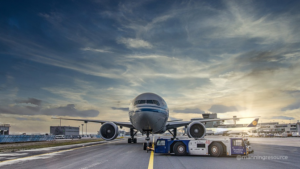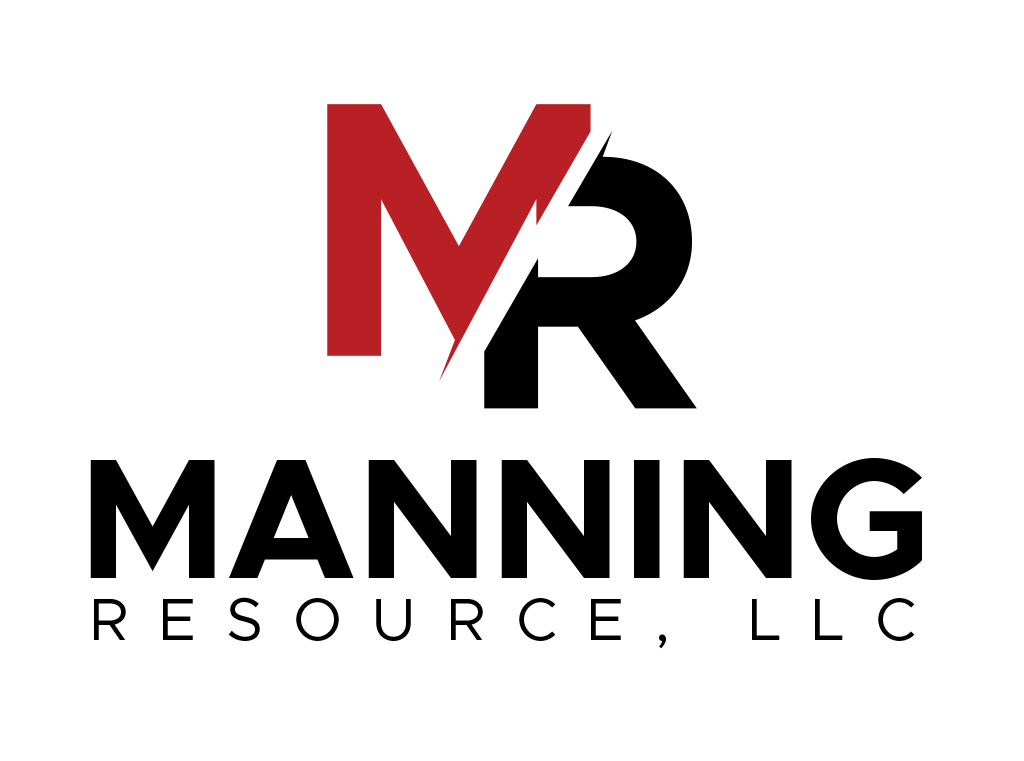A recall is when the manufacturer of a product asks the purchasers for its return, typically in exchange for a replacement or refund. This usually happens from an error in the production or transportation process and is identified by the manufacturing company or it could be the result of complaints from customers or consumers (end users). Regulatory agencies typically do not initiate the recalls, however in cases where there is an immediate threat to public health or safety, some do have the authority to mandate them.
 Companies recall products for many reasons, but typically because they can cause harm to the consumer or end user of the product. In the food and pharmaceutical industries, products are recalled for many reasons, but usually are due to bacterial, chemical (including allergens). or physical contaminates in the product, or if incorrect ingredients were used in the manufacturing process, leading to the product being mislabeled. These create various conditions that can lead to illness and even death.
Companies recall products for many reasons, but typically because they can cause harm to the consumer or end user of the product. In the food and pharmaceutical industries, products are recalled for many reasons, but usually are due to bacterial, chemical (including allergens). or physical contaminates in the product, or if incorrect ingredients were used in the manufacturing process, leading to the product being mislabeled. These create various conditions that can lead to illness and even death.

In other industries such as automotive, consumer electronics, or children’s toys, the recalls may be due to an issue leading to unsafe conditions or a physical hazard that can lead to injury or death.
The cost of a recall depends on many factors, however on average can range anywhere from $10 million to in excess of $100 million. There are extreme cases, such as the Boeing 737 MAX recall, and as of 2020, it is expected to cost the company more than $18 billion.
For a more in-depth look at recalls, prevention and management please check out my book In the Midst of a Recall.




